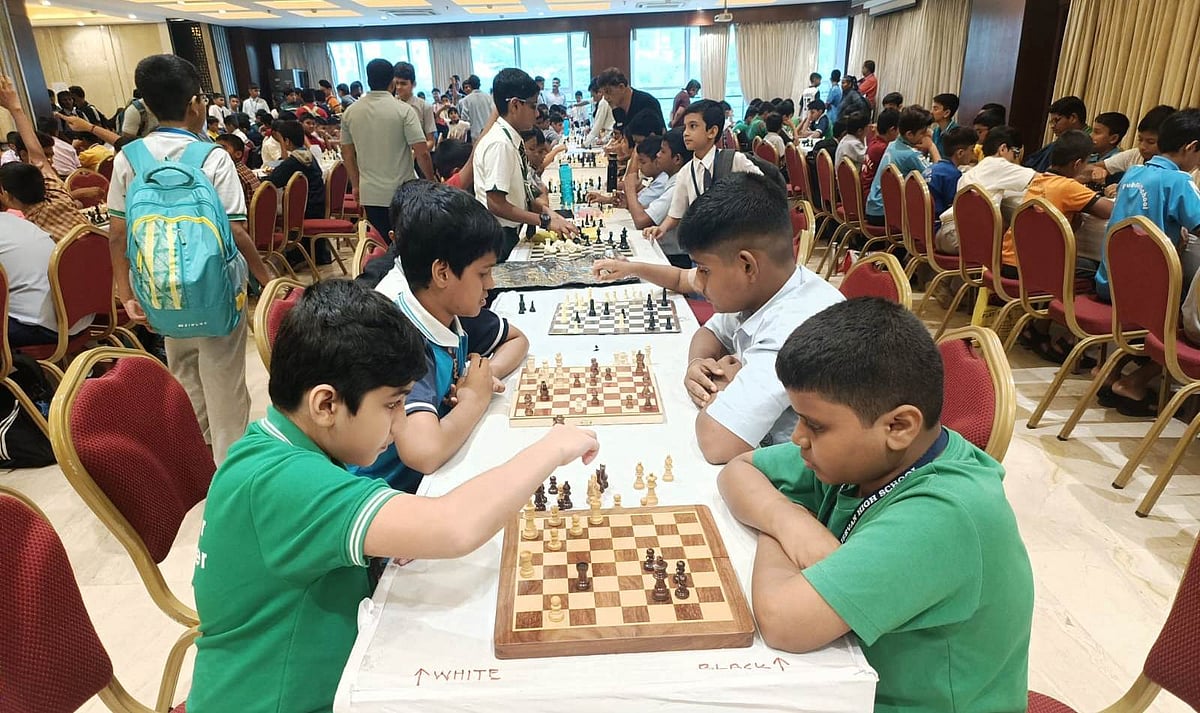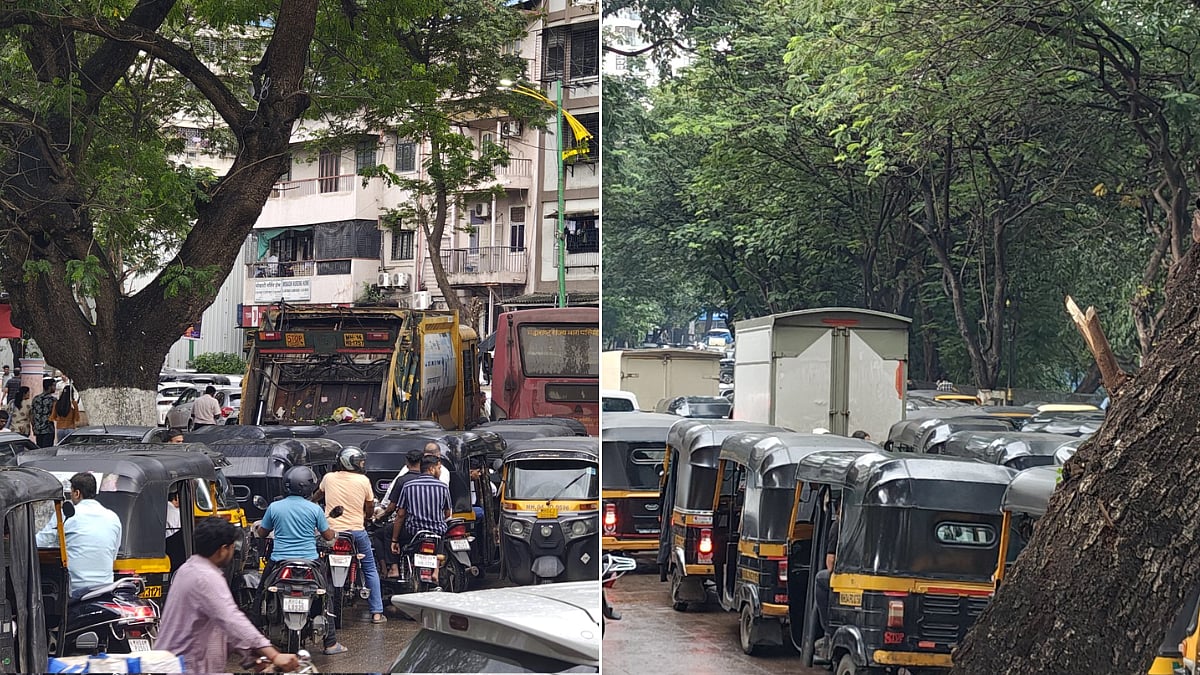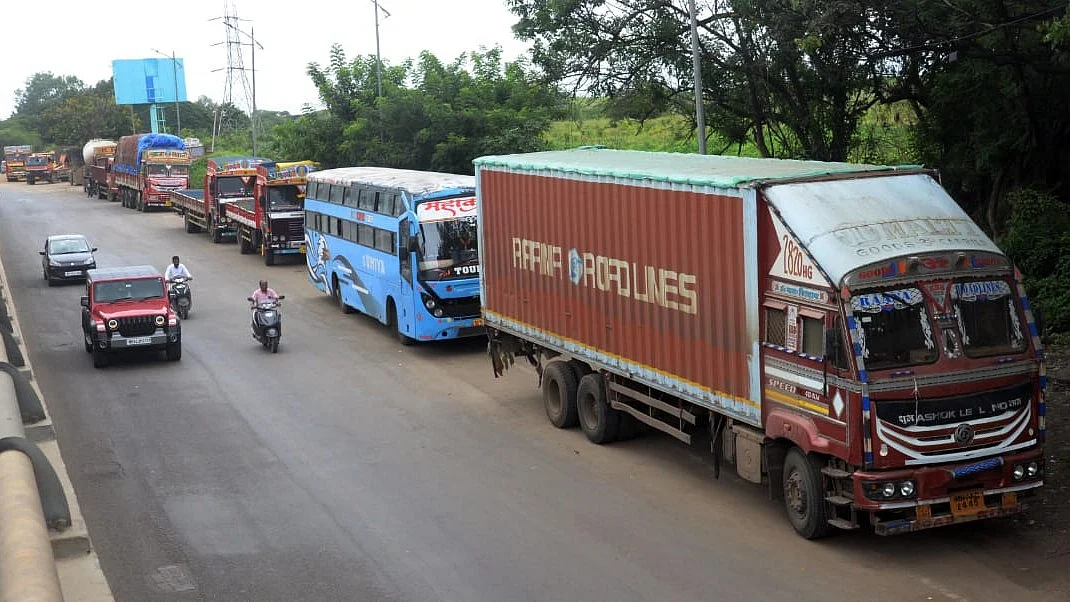In a tragic incident, a young man identified as Prasad Dethe died by suicide In Pune on Tuesday in a bid to draw attention to the Maratha reservation issue in the state.
Reports suggest that before hanging himself, Dethe went live on Facebook to express his anguish and frustrations about the challenges faced by the Maratha community, including unemployment and lack of opportunities.
He also left a poignant note addressing prominent figures and activists involved in the Maratha reservation movement.
In his note, Dethe wrote, "Jayostute Maratha. The Maratha community should receive reservations under the OBC category. Pankaja Tai, Bhujbal Saheb, Hake, Shendge, Taiwade, Mundhe, Gaikwad, please grant us a reservation. This is my request to you. No one is responsible for my death. I am dying of my own will. Jarange Saheb, do not back down without securing a reservation. This is my request to you. You may not agree with me, but I am completely disheartened. Stay strong..."
As per reports, Dethe, originally from Barshi, had moved to Pune a few years ago for employment and was working as a security guard in the city. Dethe is survived by his children who are still in school.
Dethe’s note has stirred a deep sense of sorrow within the Maratha communities, highlighting the severe impact of the ongoing struggle for reservation on individuals.
Martha reservation explained
The Maratha reservation issue in Maharashtra is a complex and contentious topic that has seen numerous political, social, and legal battles over the years.
The Maratha community, constituting a significant portion of the state's population, has been agitating for reservations in education and government jobs under the Other Backward Classes (OBC) category. This demand stems from perceived social and economic disadvantages faced by the community, despite their historical prominence.
The demand for Maratha reservation gained significant momentum in the past decade, particularly after the tragic suicide of a young Maratha farmer in 2016, which sparked statewide protests. The community argued that they faced similar challenges to those of other OBC communities, including unemployment and lack of educational opportunities.
These protests culminated in the Maharashtra government passing the Maharashtra State Reservation (of seats for admission in educational institutions in the State and for appointments in the public services and posts under the State) for Socially and Educationally Backward Classes (SEBC) Act in 2018, which provided 16% reservation for Marathas.
However, this legislation faced legal challenges and was eventually struck down by the Supreme Court in 2021. The court ruled that the law violated the 50% cap on reservations established by previous judgments, thus intensifying the community's frustration and leading to renewed agitations.
The state government has been under pressure to find a legal and sustainable solution to the Maratha reservation issue, especially from social activists like Jarange Patil who has recently held many protests. Meanwhile, the community continues to rally for their cause, with leaders urging for non-violent protests and dialogue.
OBC activists' fast over quota enters seventh day
Meanwhile, the fast by two Jalna activists, seeking an assurance that the OBC quota will not be disturbed amid the Maratha reservation demand, entered the seventh day on Wednesday, with doctors saying that their health has started deteriorating.
After requests by OBC (Other Backward Classes) members, the activists - Laxman Hake and Navnath Waghmare - took a few sips of water, but maintained that they would continue their protest.
Hake and Waghmare have been sitting on their hunger strike at Wadigodri village in Jalna district since June 13.
Government medical officer Anil Waghmare said the activist's blood pressure has risen and their blood sugar levels are low. Doctors have stressed that both need to be hospitalised to prevent further health complications.
The OBC activists have been demanding the scrapping of the Maharashtra government's draft notification that recognises Kunbis as "sage soyare" (blood relatives) of Maratha community members. Kunbi, an agrarian group, enjoys quota benefits under the OBC category.
Speaking to reporters on Wednesday, Hake said no government representative has visited them, rejecting Maratha activist Manoj Jarange's allegations that their protest was government-sponsored.

"Officials would have shown concern and visited us had our protest been backed by the government," Hake said.
He criticised Jarange for his "ignorance" regarding the complexities of the reservation system. "Jarange does not understand the law and reservation system," he said.
Hake also extended an invitation for an open debate with Jarange's team to discuss the intricacies of the reservation issue.
Meanwhile, OBC members have called for a bandh at Ambad. On Tuesday, they blocked the Dhule-Solapur national highway for some time over their demands.









